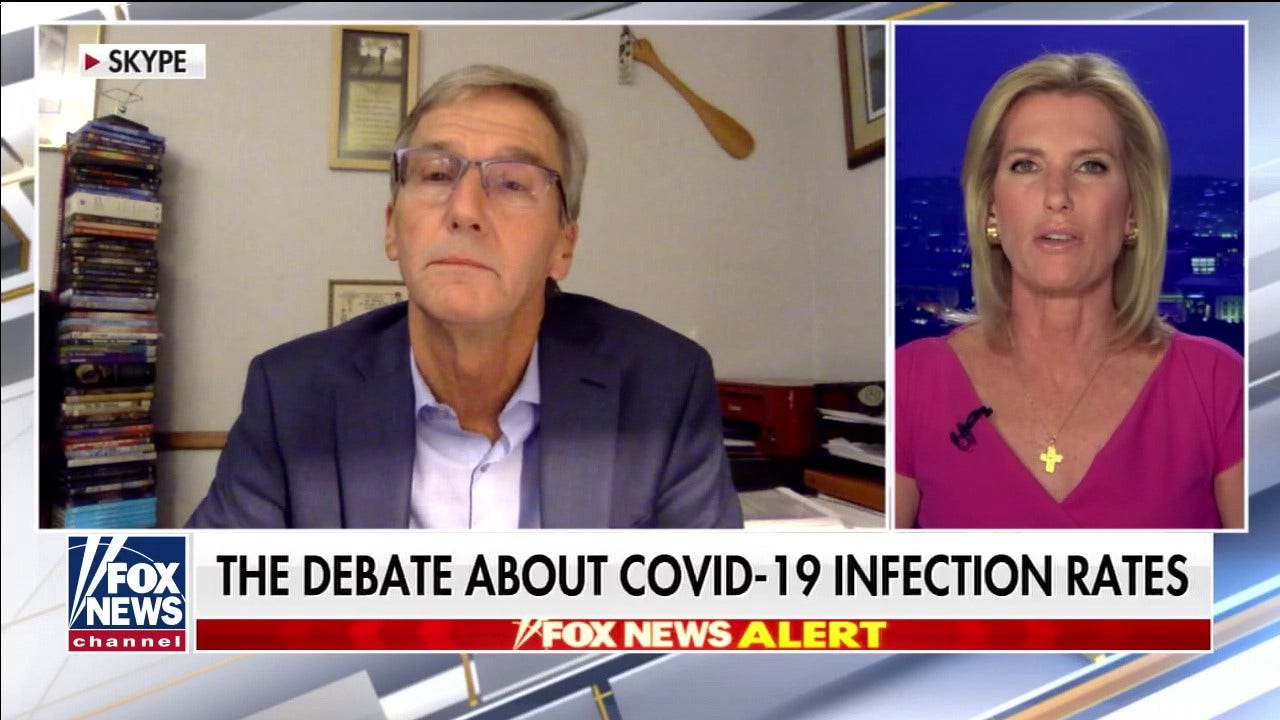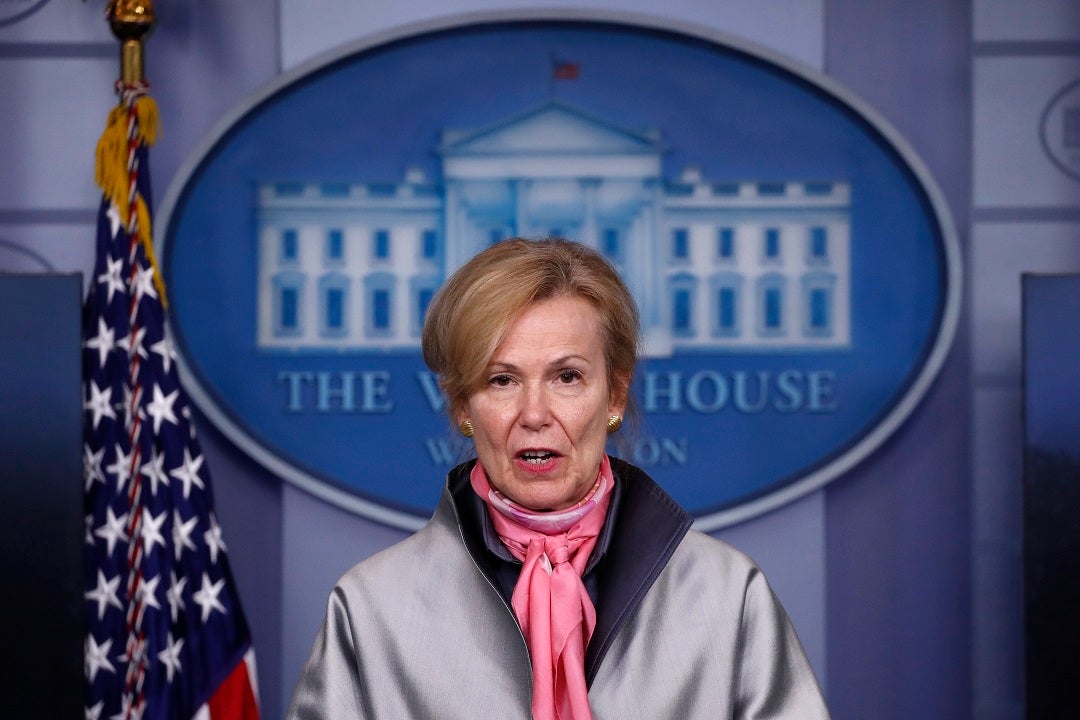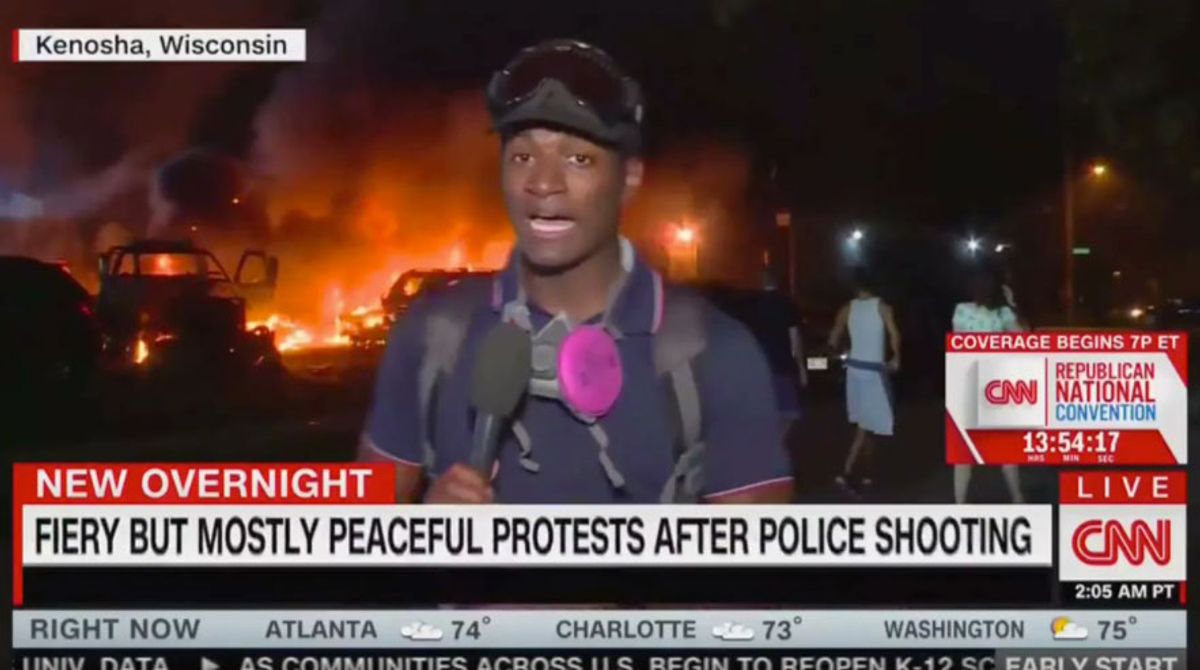Just a perfect read.
Why Don’t They Believe Us?
You’re struggling to understand where all this vaccine hesitancy comes from. Let me help you.
You’re struggling to understand where all this vaccine hesitancy comes from. Let me help you.

www.tabletmag.com
Imagine you’re a normal person. The year is 2016. Rightly or wrongly, you believe most of what you see in the media. You believe polls are broadly reflective of public opinion. You believe doctors and scientists are trustworthy and independent. You’re a decent, reasonable person who follows the rules and trusts the authorities.
Imagine your shock, then, when Brexit, which you were assured couldn’t happen because it was a fringe movement led by racists for racists, happens. The polls, which widely predicted it wouldn’t happen, were wrong. The experts and pundits who told you day after day that it wouldn’t happen were also wrong. “Oh well,” you say, “these things happen.”
Imagine that soon after Brexit, Donald Trump is running for president. You are told by the most trustworthy media outlets that he is going to lose. Some experts
say his opponent has a 99% chance of winning. Imagine waking up the morning after the election to discover that the pollsters, experts, and politicians you still trusted were wrong again. Now the racist monster who you were told would never get near the White House is the leader of the free world.
“How did this happen?” you ask yourself. How could everyone I rely on for good information be so wrong? “It was the Russians,” they tell you. “The Russians did Brexit, and they got Trump elected too.” Imagine that for the next three years, day after day, the media and politicians you still trust keep you up to date on this story of Trump’s collusion with Russia. They tell you the how, when, where, and why: the dossiers, the whistleblowers, the peeing prostitutes. Imagine your desperation for things to somehow make sense again.
Here comes the Mueller report. Hard evidence of foreign meddling in Brexit and the 2016 U.S. election is coming to set the world right again.
Imagine your shock, then, when you discover that Brexit had little to do with foreign meddling, and Robert Mueller has very little to report about Trump and the Russians. The collusion story, which dominated your news intake for the better part of three years, slowly dies down. Then it’s gone. No one talks about it anymore. Imagine that bit by bit, you’re starting to feel that the events you were told would not and could not happen not only happened, but happened without some sort of malign interference. Instead, millions of your fellow citizens simply voted for them. In the American case, it turns out many of your fellow citizens who simply voted for Trump come from states that have been devastated by an opioid epidemic enabled by a corrupt system of incentives involving the Food and Drug Administration, doctors, and Big Pharma. (You might want to take note of this. It will come up again later.)
Again, you ask, “How could this happen?” And again, the media outlets and political representatives you’ve always trusted have the answer: racism.
“Your country is racist,” they tell you. If you’re white, this may seem strange to you. Other than a handful of idiots, you’ve never met a racist. If you’re an ethnic minority immigrant like me, this seems even stranger. Why would people in one of the most welcoming, tolerant countries in the world want to convince themselves their country is racist when it’s so obviously not?
But the evidence is right there on your TV screen. Imagine your horror as a famous and beloved gay African American actor is assaulted by MAGA hat-wearing thugs who racially abuse him and put a noose around his neck. In a prime-time interview, he
cries while talking about it.
Imagine your outrage as you see news reports of a bunch of MAGA hat-wearing kids from a religious school contemptuously confront a Native American elder. Professional, adult commentators on TV
tell you the kid has a “punchable face,” and while you abhor violence, it’s hard to disagree. Imagine that for days you watch coverage of these events, with expert after expert, pundit after pundit, sharing and fueling your outrage. Maybe your country really is racist. Maybe
you’re racist. Were you always just blind?
Imagine that soon after, however, the Jussie Smollett story turns out to be an attention-seeking hoax: He made it all up. Imagine you also quickly discover that the Native American elder was the one who
confronted the kids, and not the other way around. “If this is such a racist country,” you ask yourself, “why would they need to make up stories of racism?” As you ponder this, you remember that for years now, you’ve been expected to go along with other, more elaborate make-believe stories.
You’re expected to understand that gender is not as binary as school, your eyes, and your own experience have led you to believe. Whatever you learned about biology growing up is not only wrong, it’s pathological and harmful,
according to the American Psychological Association. You no longer know how many genders you’re expected to be able to recognize. You do know that asking questions is dangerous.
Imagine that you still want to believe the experts and the commentators, but now that requires you to believe your country is racist, that men are bad, and that gender is a social construct, which is an idea you still don’t really understand.
It’s at this point that a pandemic breaks out in China.
You are initially unconcerned, but as terrifying scenes increasingly emerge from Italy and other countries closer to home, it is clear that something big is happening. You watch nervously as politicians give press conference after press conference, flanked by experts, to explain the situation.
President Trump shuts down travel to the United States from China. He has been widely condemned as a racist repeatedly in the past, and the same explanation is given this time. It’s not just Americans who tell you Trump is racist for calling a virus that emerged in China a “Chinese virus.” In response, the mayor of Florence
advises Italian citizens to fight Trump’s anti-Chinese bigotry by “hugging a Chinese person.” Shortly after, House Speaker Nancy Pelosi, one of the most respected and powerful Democrats in the country,
visits Chinatown in San Francisco to explain that “there’s no reason tourists or locals should be staying away from the area because of coronavirus concerns.”
“Thank God there are some sensible, nonracist people who aren’t overreacting,” you say to yourself. Imagine watching as Trump doubles down on his racism by claiming the virus may have come from a lab in Wuhan. “Nonsense,” you think. You’re more concerned with how best to protect yourself and your family from this deadly disease than with its origins at this point anyway. You consider buying surgical masks, or using homemade ones—you’ve seen visitors and tourists from Asian countries wear them, and they’ve been through things like this before, so maybe it’s best to follow their lead.
But the country’s chief medical experts
tell you not to wear masks, and to focus on washing your hands instead. As lockdowns are introduced around the world, you diligently follow all the rules. You stay at home. You only go out once, and live off savings or government grants. You do your best to keep your hands clean, to not touch other surfaces that other people touch. Some political representatives make the solemn decision to shut down beaches, parks, and playgrounds, encouraging everyone to stay indoors.
You are proud to be doing your part. Thanks to you and millions of your fellow citizens, the first wave of the pandemic overwhelms certain hot spots, but it does not devastate the health care system at a national level. While thousands sadly die, you’ve helped to protect those around you.
Imagine your confusion as the same people who spent three months telling you not only that masks don’t work, but that there are several reasons you shouldn’t wear or purchase them, suddenly introduce mask mandates. We’re “following the science,” they tell you. This seems to make little sense, but a pandemic is no time for questions. And who knows, maybe our understanding of the science evolved?
As you cautiously go to the supermarket, you notice that masks have made people less likely to socially distance. You remember reading somewhere that bicycle helmets work similarly: They give the wearer more confidence, and the result is often more accidents and injuries, not fewer. “Silly people,” you say to yourself. “If only they would follow the experts.”














